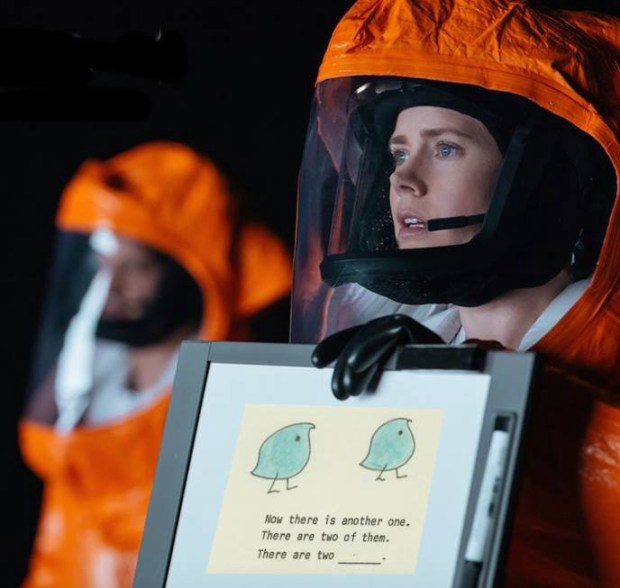HIRE A LINGUIST!
HIRE A LINGUIST!

I can do a Wug Test for you! (Image credit: another linguist for hire, Kayla Medica, on Medium)
1.
I do freelance/consulting work:
- …with Indigenous languages, including Chinook Jargon and Salish.
- …designing conlangs (invented languages and alphabets) for your movie, novel, TV show.
- …naming your company and your product, and wording your advertising.
- …helping you pick your baby’s name.
Foundations, tribes, companies, artists, those writing grants and those seeking an expert witness:
CONTACT ME
with your needs or ideas, or to refer me to someone who needs me.
(Please don’t ask me for free services such as “How do you say Storm Warrior Ugh in Chinook?”)
2.
I teach Linguistics, some English, some Anthropological Linguistics, some languages.
Contact me for my CV.
My kids and I thank you!
3.
If you have a job that needs done, and it’s out of my specialization, I’ll find you another up-and-coming linguist who’s brilliant and can use the work!

Dear Dave, I would like to hire a linguist, specifically a syntactician, but on a per question basis. I imagine the questions will seem simple to you. First question is, in “corals are probably the most famous”, where does probably attach? Not to the headless DP (the most famous ORGANISMS) surely. I’m flummoxed because it seems that the adverb appears between the head (are) and its complement.
LikeLike
Pingback: Tyee John’s Chinook Jargon | Chinook Jargon
Pingback: The People are Dancing Again, or, Hire a Linguist | Chinook Jargon
Pingback: Chinook Jargon for 2015 (from 1892): “leftovers” | Chinook Jargon
Hi Liz, thanks for tracking me down. Look for an email from me in a moment 🙂
LikeLike
Folks, if you want to contact me, all you need to do is leave a comment here. I will respond to you quickly. If it’s a confidential matter, as it sometimes is, your comment will not be published.
LikeLike
Pingback: Blue ruin in Chinuk Wawa | Chinook Jargon
I have been wrestling in my head to find ways to introduce my 4 year old daughter Salish indigenous cultures while trying to avoid appropriation. The idea that she and I might explore the Chinook Wawa together is an intriguing one, all the more so because she is at an age where she is picking up language like a sponge.
I have read that, in New Zealand, children and young adults are required to take lessons in Maori language and culture, as part of the treaties that arose from the uprisings after Anglo colonization. My understanding is that this cultural awareness is credited with raising the level of social justice reported by the Maori compared to that reported by North American First Nations. My understanding is that Racism and white supremacy is still very much present, of course.
It seems to me that Language is, at once, the most potent tool there is for developing understanding and compassion for others, and a frightful weapon to affect suppression and subjugation, most especially trade-languages. On the other hand, trade languages represent a deliberate melding of two cultures, and it seems like they are, I n an ethical sense, under the “joint custody” of both. So I am still wrestling.
Is it a good idea to try learning and exploring some Chinuk Wawa with my daughter? Is there a concern for cultural appropriation that I should be aware of?
LikeLiked by 1 person
Pingback: Granville Stuart’s overlooked Oregon Chinuk Wawa, and potential benefits to Grand Ronde | Chinook Jargon
Pingback: Bring out the wapsina! When the Redmen come to town, you go full Chinook Jargon | Chinook Jargon
Pingback: “A River out of Eden” | Chinook Jargon
Pingback: De-romanticizing the so-called “Annawillee’s Lament” | Chinook Jargon
Pingback: Indian Harry: Invite hiyu Boston cloochmen to my execution | Chinook Jargon
Hi David, I’m currently translating the book of Genesis to Chinuk Wawa, I’m also planning on translating as much biblical books as possible. Would you be up for proof-reading it once I’m done? ty in advance (can pay you)
LikeLiked by 1 person
Hi Mak, I don’t see a way to find your email address, so I’m responding here. Please do contact me at
s p o k a n e i v y @ g m a i l . c o m
Thanks from Dave
LikeLike
Pingback: Mamuk-rop vs. mamuk-k’aw: a matter of life and death | Chinook Jargon
Pingback: Taking a run at the etymology of “eulachon” | Chinook Jargon
Pingback: PNW tribe names from Métis French | Chinook Jargon
ɬax̣ayam,
I’m currently in the Lane Community College’s Chinuk Wawa course and we are working on a Chinuk Wawa magainze to be published at the end of the term.
I wanted to write about the Kamloops Wawa paper and was wondering if I could ask you a few questions about the paper.
hayu masi!
-Paul
LikeLiked by 1 person
Hi Paul, happy to help! Reach me at
s p o k a n e i v y
< a t >
g m a i l
{ d o t }
c o m
LikeLike